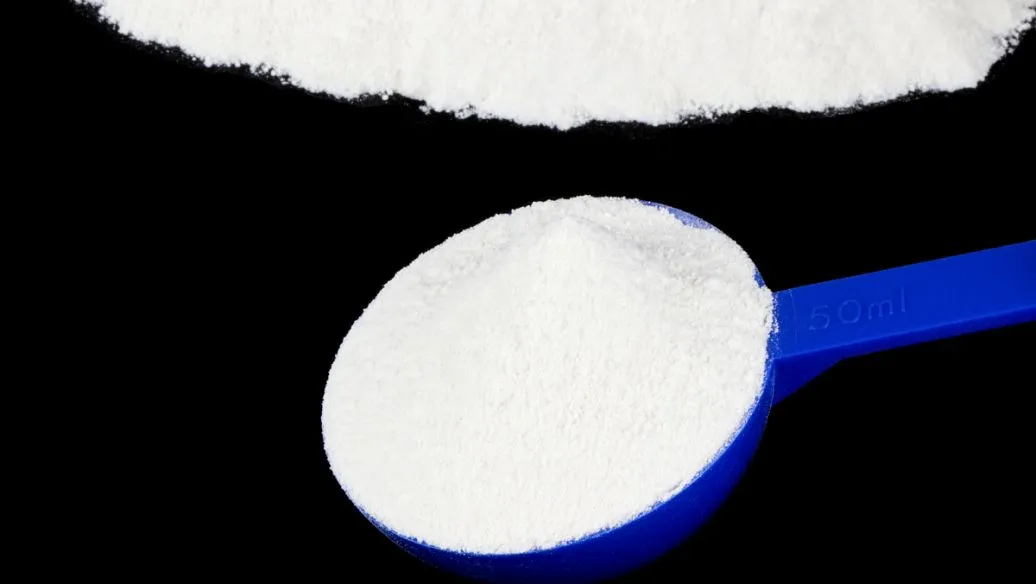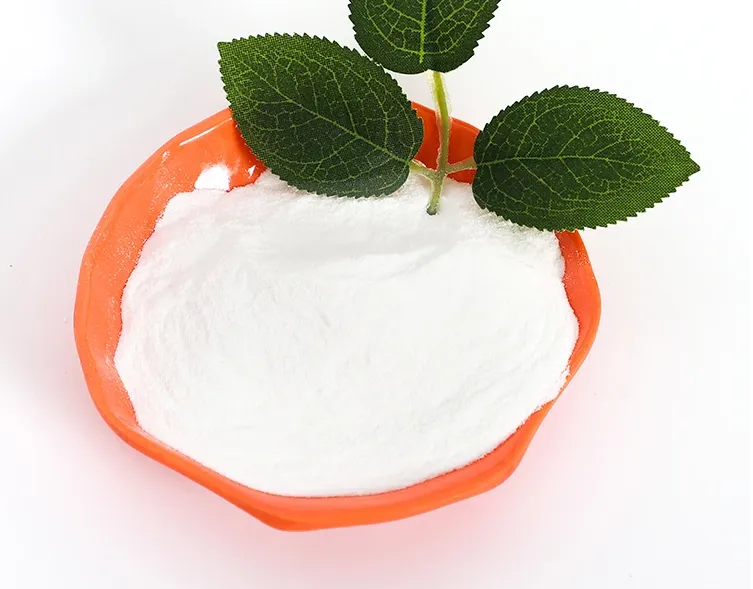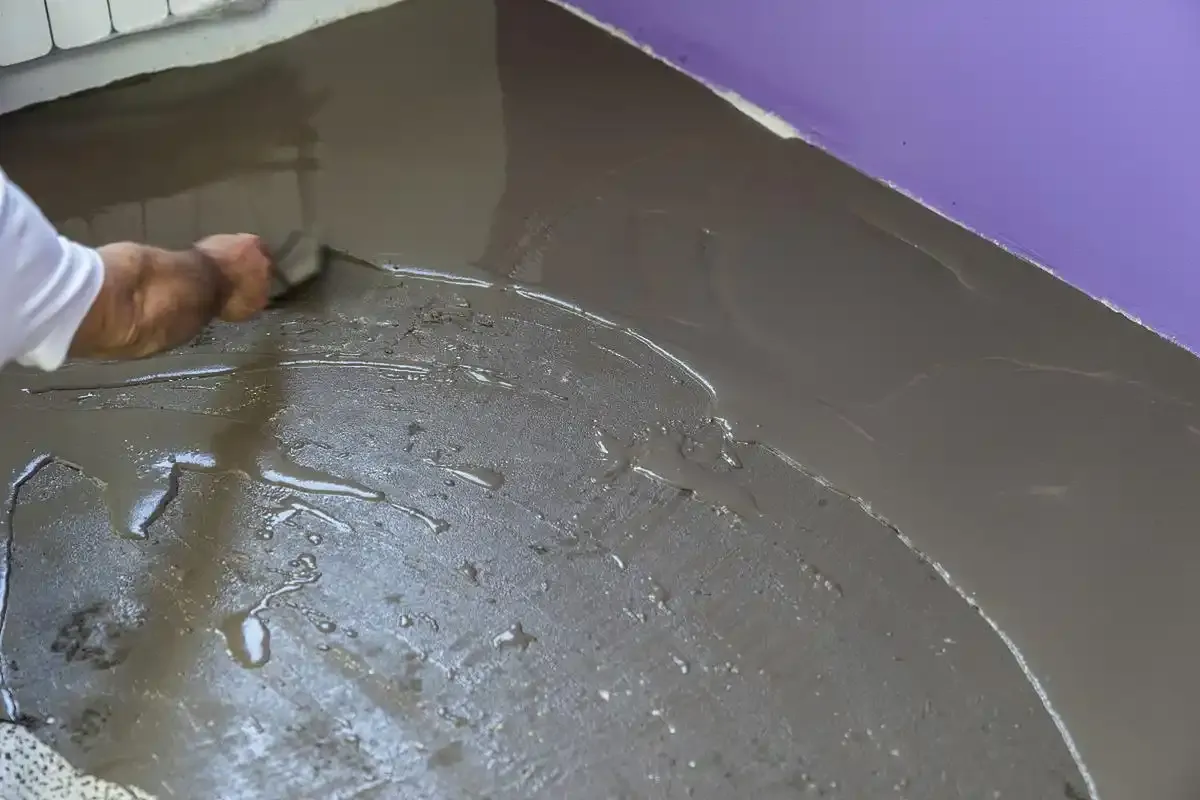
Understanding Redispersible Polymer Powder Types and Applications
Redispersible polymer powder (RDP) is one of the most versatile additives used in modern construction materials. With its unique ability to improve workability, adhesion, and durability, it has become an essential component in dry-mix mortar, tile adhesives, plaster, and self-leveling compounds. From redispersible polymer powder types дейін VAE RDP, the range of formulations available provides builders, contractors, and manufacturers with flexibility in designing materials that perform under demanding conditions.
This article explores the main categories of redispersible latex powder, their benefits, and applications, while also answering common questions about how redispersible emulsion powder improves construction solutions.

What is Redispersible Polymer Powder?
At its core, redispersible polymer powder is a free-flowing, white powder obtained by spray-drying polymer emulsions. When mixed with water, it redistributes into a stable polymer emulsion with properties nearly identical to its liquid counterpart. This unique characteristic is why it is often referred to as redispersible emulsion powder.
The powder is primarily used in cement-based and gypsum-based formulations. By adding RDP powder to construction materials, manufacturers enhance critical properties such as:
Adhesion strength – ensuring better bonding between mortar and substrate.
Flexibility – improving crack resistance in walls and floors.
Water resistance – reducing permeability and extending durability.
Workability – making mortars easier to apply and spread.
Because of these attributes, dispersible polymer powder plays a vital role in dry-mix systems that require strong cohesion, high bonding capacity, and resistance to environmental stress.

Redispersible Polymer Powder Types and Their Uses
The construction industry uses several redispersible polymer powder types, each designed for specific performance needs. The main categories include:
1. VAE Redispersible Powder
VAE powder or VAE RDP is derived from vinyl acetate–ethylene copolymer. It is the most common RDP polymer, widely recognized for its flexibility and water resistance. This type is frequently used in:
Tile adhesives
External insulation finishing systems (EIFS)
Skim coats and plasters
Cement-based adhesives
VAE-based redispersible polymer powder RDP offers excellent adhesion to mineral substrates, making it a popular choice for both interior and exterior applications.
2. VeoVa Redispersible Polymer
This type of redispersible polymer is made from vinyl ester of versatic acid. It provides superior hydrophobic properties and alkali resistance, making it especially suitable for exterior applications exposed to harsh weather conditions.
3. Acrylic Redispersible Powder
Acrylic-based redispersible powder enhances UV resistance and color stability. It is commonly used in decorative mortars and paints where long-term aesthetics are important.
4. Styrene-Butadiene Redispersible Polymer Powder
This type of re-dispersible polymer powder provides excellent elasticity and impact resistance, making it ideal for flexible mortars and repair compounds.
Each type of RDP polymer has unique strengths, and manufacturers often choose based on specific performance requirements in construction systems.
Advantages of Using RDP Powder in Construction Materials
The addition of redispersible latex powder significantly improves the performance of building materials. Some of the major benefits include:
Improved Bonding Strength – Enhances adhesion between cementitious materials and difficult substrates.
Crack Resistance – Provides flexibility to mortars, preventing shrinkage cracks.
Durability and Weather Resistance – Redispersible polymer powder RDP ensures long-term performance even in challenging climates.
Water Retention and Workability – Mortars with dispersible polymer powder are easier to apply and maintain consistent properties.
Compatibility with Various Systems – From gypsum plasters to cement tile adhesives, RDP polymer works across multiple dry-mix formulations.

Conclusion
Redispersible polymer powder is revolutionizing the construction industry by improving the quality, reliability, and sustainability of dry-mix mortars and adhesives. With different redispersible polymer powder types, сияқты VAE redispersible powder and acrylic-based systems, manufacturers can tailor materials for diverse building applications. Whether used in tile adhesives, insulation systems, or decorative mortars, RDP powder ensures enhanced performance and long-term durability.
In short, redispersible polymer technology has become indispensable for modern construction. As building requirements continue to evolve, the role of redispersible emulsion powder and RDP polymer will only grow in importance.
FAQs About Redispersible Polymer Powder
1. What are the main redispersible polymer powder types?
The main redispersible polymer powder types include VAE redispersible powder, acrylic-based powder, styrene-butadiene powder, and VeoVa-based powder. Each type provides unique properties such as flexibility, UV resistance, or hydrophobicity.
2. How does VAE redispersible powder improve mortar performance?
VAE powder (vinyl acetate–ethylene copolymer) enhances adhesion, water resistance, and flexibility in mortars. As the most widely used VAE RDP, it is especially effective in tile adhesives, EIFS, and plasters.
3. What is the difference between redispersible latex powder and redispersible emulsion powder?
Both terms describe the same product. Redispersible latex powder or redispersible emulsion powder is produced by spray-drying polymer emulsions, which can later redisperse in water to form a stable emulsion.
4. Why is RDP powder added to dry-mix mortars?
RDP powder improves bonding strength, flexibility, crack resistance, and water retention in dry-mix mortars. These qualities are critical for long-lasting construction performance.
5. Is redispersible polymer powder suitable for both interior and exterior applications?
Yes. Depending on the redispersible polymer powder types, RDP can be used in interior mortars, exterior insulation systems, tile adhesives, and decorative plasters. For exterior applications, redispersible polymer powder RDP with enhanced weather resistance, such as VeoVa-based types, is recommended.
-
Hydroxypropyl Starch as a Sustainable Construction AdditiveNewsNov.24,2025
-
The Gelation Properties of CMCNewsNov.21,2025
-
Redispersible Latex Powder and Water Retention CapacityNewsNov.21,2025
-
Dosage Control for Polycarboxylate Water ReducerNewsNov.21,2025
-
Film-Forming Properties of Polyvinyl AlcoholNewsNov.21,2025
-
The Function of Gypsum Additives in MortarNewsNov.21,2025





















